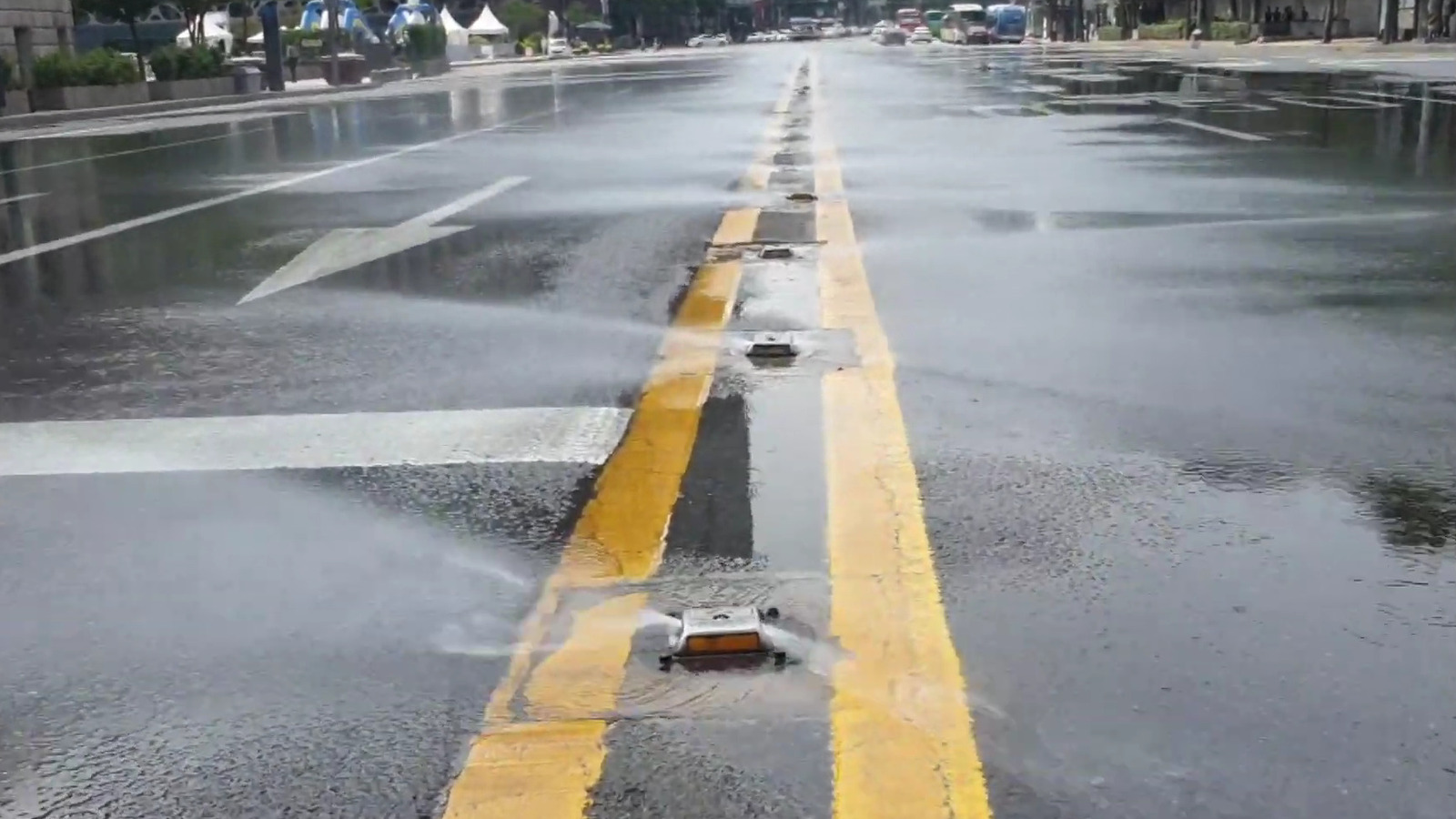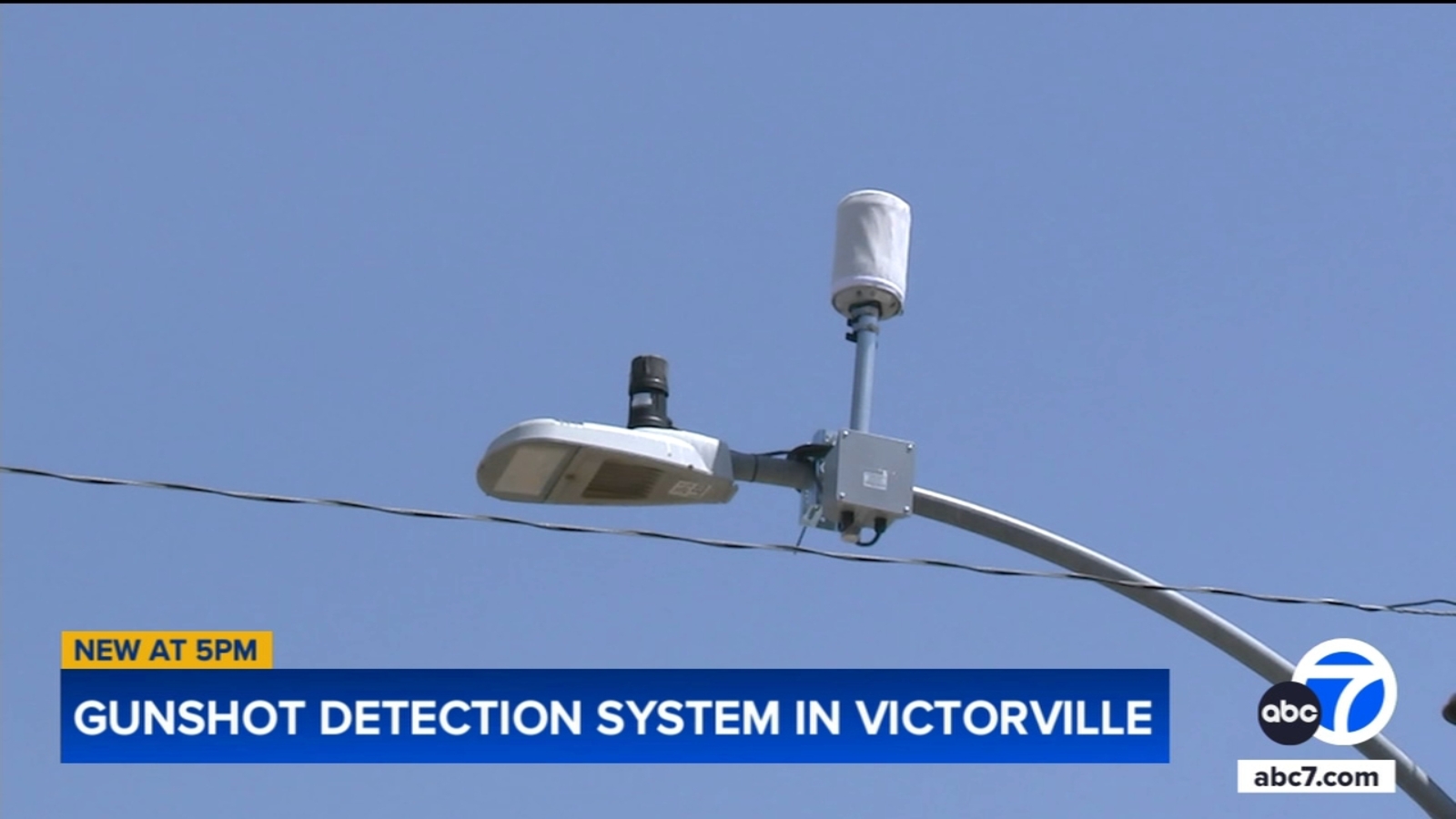China Tightens Grip on EV Battery Tech: New Export Controls Aim to Secure Global Dominance

China is escalating its efforts to maintain its leading position in the electric vehicle (EV) battery market with the implementation of new export controls on key technologies. These restrictions target materials and processes vital for the production of advanced EV batteries, signaling a strategic move to solidify China's dominance in the rapidly evolving global EV landscape.
Why This Matters: China's EV Battery Powerhouse
China currently holds a commanding lead in the global EV battery supply chain. From raw material processing to battery manufacturing and cell production, Chinese companies control significant portions of the market. This dominance has been a critical factor in China’s overall success in the EV race, allowing them to offer competitively priced EVs and rapidly expand their market share both domestically and internationally.
The New Restrictions: What's Being Controlled?
The newly imposed export controls focus on technologies related to lithium-ion battery production, specifically targeting:
- Lithium Processing Techniques: Methods for refining and processing lithium, a key component of most EV batteries, are now subject to stricter export regulations.
- Electrolyte Manufacturing: Electrolytes are crucial for battery performance and safety. China's controls aim to limit the export of advanced electrolyte production methods.
- Cathode Material Technologies: Cathode materials significantly impact battery energy density and lifespan. Export restrictions on related technologies are intended to safeguard China's technological edge.
While the initial controls are relatively limited, analysts anticipate further tightening of regulations in the future.
Impact on the Global EV Market
These export controls are likely to have several significant impacts:
- Increased Costs for EV Manufacturers: Companies outside of China relying on Chinese suppliers for these technologies may face higher costs and potential supply chain disruptions.
- Geopolitical Implications: The move has sparked concerns about potential trade barriers and the weaponization of technology, particularly as other nations seek to build their own EV battery industries.
- Accelerated Localization Efforts: Countries like the United States and Europe are likely to accelerate efforts to develop their own domestic battery supply chains to reduce reliance on China.
- Shift in Supply Chain Dynamics: We may see a reshaping of global supply chains as companies seek alternative sources for these critical technologies.
China's Rationale: Securing Future Leadership
Beijing defends these measures as necessary to protect national security and ensure fair competition. They argue that these controls are consistent with practices adopted by other countries regarding strategic technologies. However, critics contend that the restrictions are primarily aimed at stifling competition and maintaining China's dominant position in the EV battery sector.
Looking Ahead: A Changing Landscape
The EV battery market is expected to experience significant growth in the coming years, driven by the global transition to electric vehicles. China's new export controls are a clear indication of its determination to remain at the forefront of this technological revolution. The long-term consequences of these actions will undoubtedly shape the future of the global EV industry and the broader geopolitical landscape.





